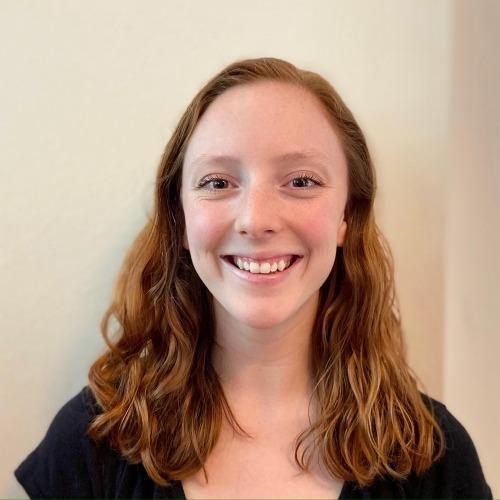Roseanne, 9 to 5, Two Broke Girls: Exploring Working-Class Sexism through Television

In season one of the classic 1980s television show, Roseanne, the main character challenges her new, hardline factory manager, Mr. Faber. “You told me if I toed the line, you’d drop the [product] quotas. Why are you doing this?” “Because I can,” he responds smugly. “You’ll stay, and you’ll do your 8,000, and so will your loser friends or they’re gone.” Knowing her job and the welfare of her family are at stake, Roseanne responds: “This ain’t the way you motivate people. Any manager would know that. You’re a lot of things, but you ain’t no manager.” Threatening, Faber retorts: “Sweetheart, you just bought yourself a bunch of trouble.” “No sweetheart,” says Roseanne, “you did.” The struggles of working-class women against sexism have long been a subject taken up in American television. Aside from Roseanne (1988-97), other prominent examples include 9 to 5 (1982-83) and Two Broke Girls (2011-17).
Motivated by her own observations of gender differences in the workplace, Bridget Blakely Taylor (BA ’18, MA ’21) used clips from these shows to conduct focus groups and semi-structured interviews with women in Charlottesville for her master’s thesis. Acknowledging that working-class women’s experiences of sexism are often overlooked in academic research and popular culture in favor of more middle-class, “corporate” feminist pursuits, Bridget used a critical feminist framework. Advised by Professor Christopher Ali, she also collaborated with Professors Andrea Press and Andre Cavalcante whose research on feminism and LGBTQ issues furthered her thinking. She found that the ways they experience sexism in the workplace are dynamic and largely dependent on their environment and years of service. For instance, those with less work experience do not identify with working-class characters not only because of their lack of time in the workforce but also because of the prevalence of middle-class hegemony in popular media. Responding to the Roseanne excerpt above, one participant remarked: “Most TV shows and/or movies, they don't really, fully depict the struggle – the struggle is real.”
Bridget Blakely Taylor successfully defended her thesis in November 2021 and started as a Social Media Specialist at Virginia Creative Group.